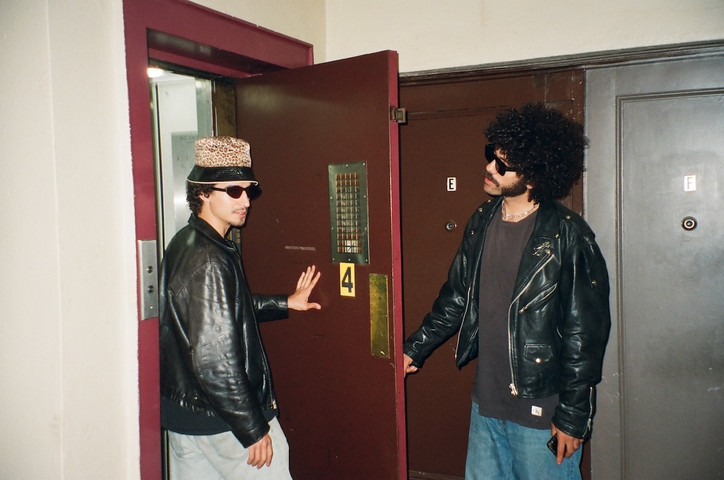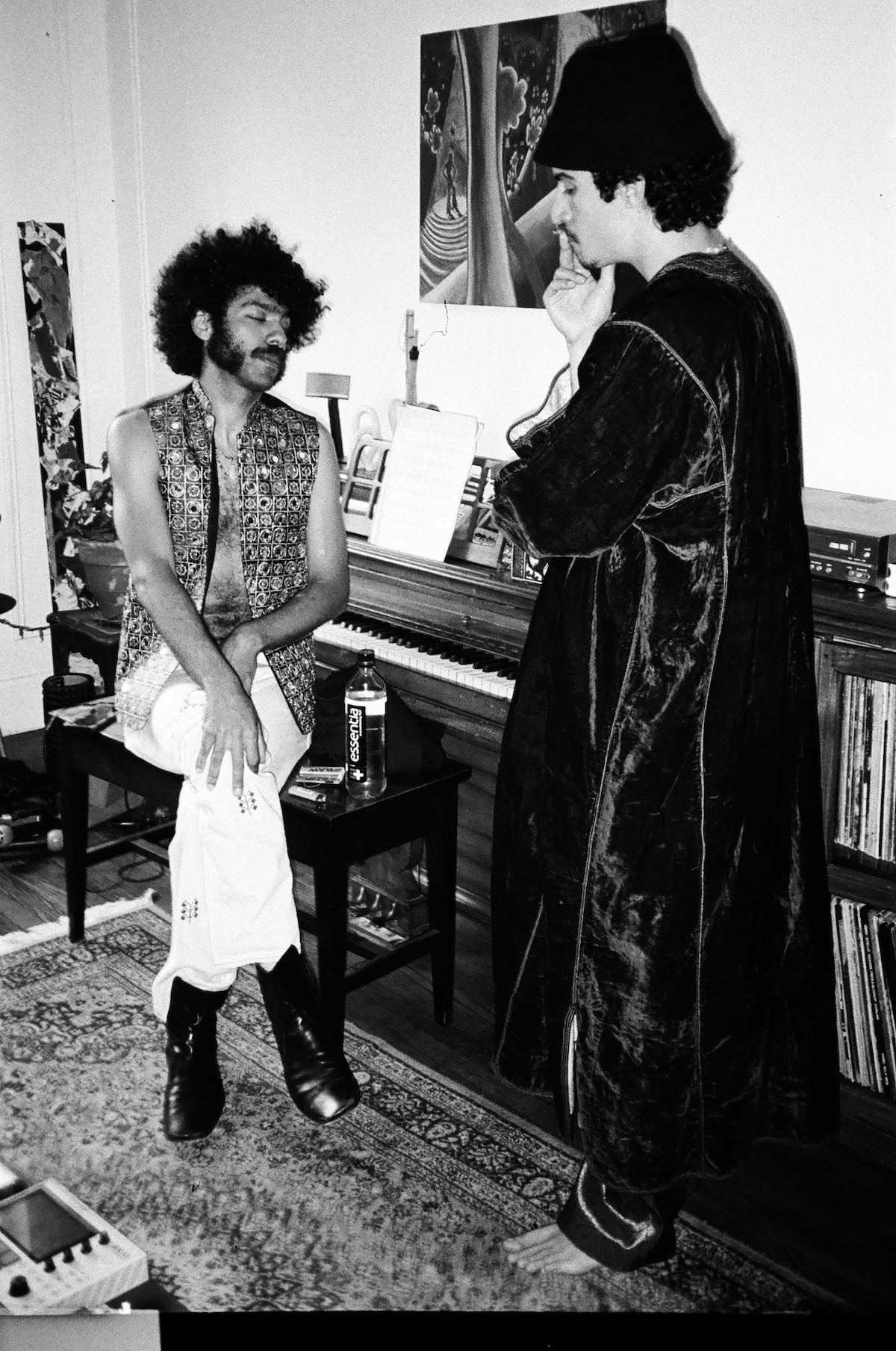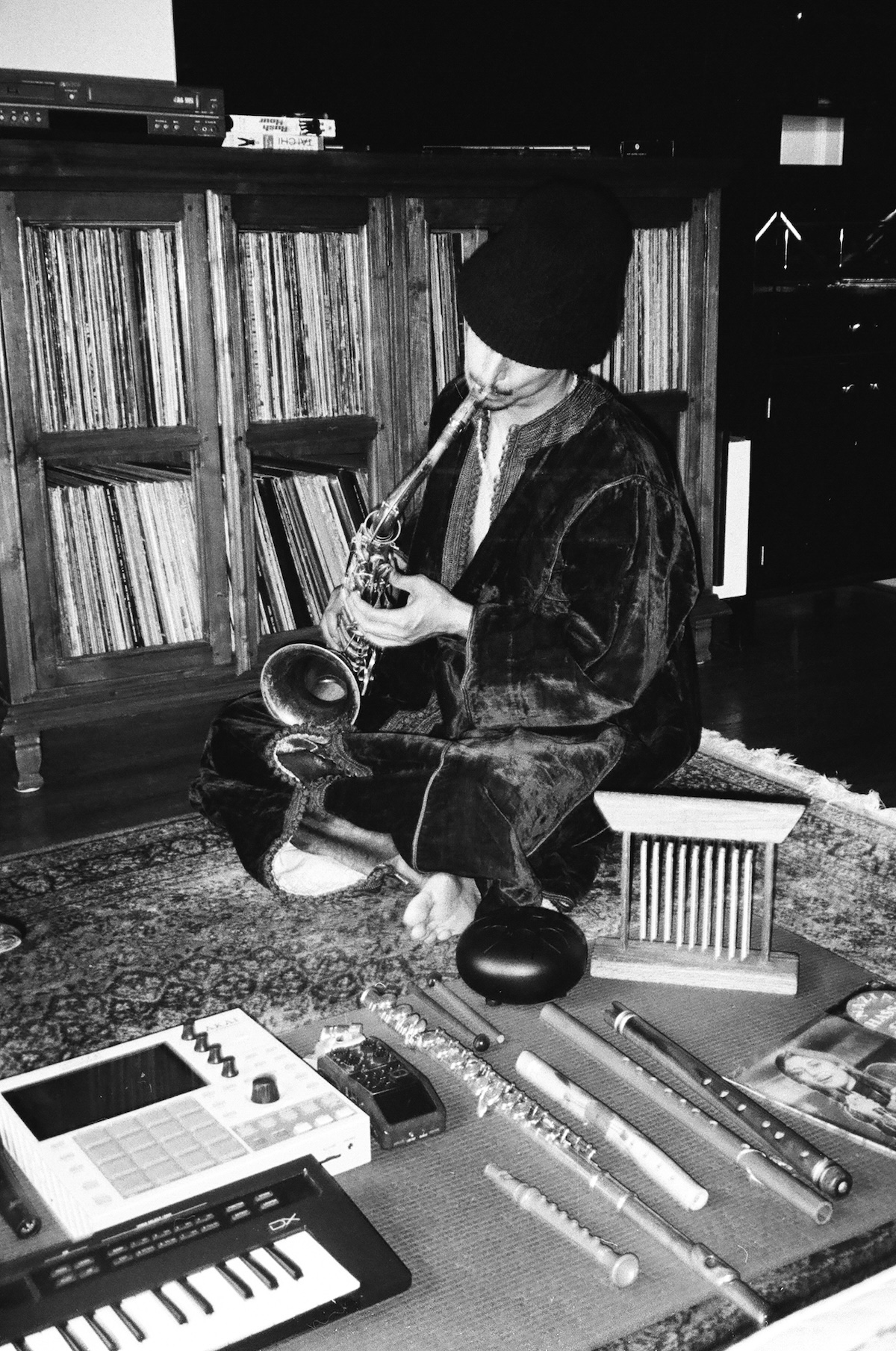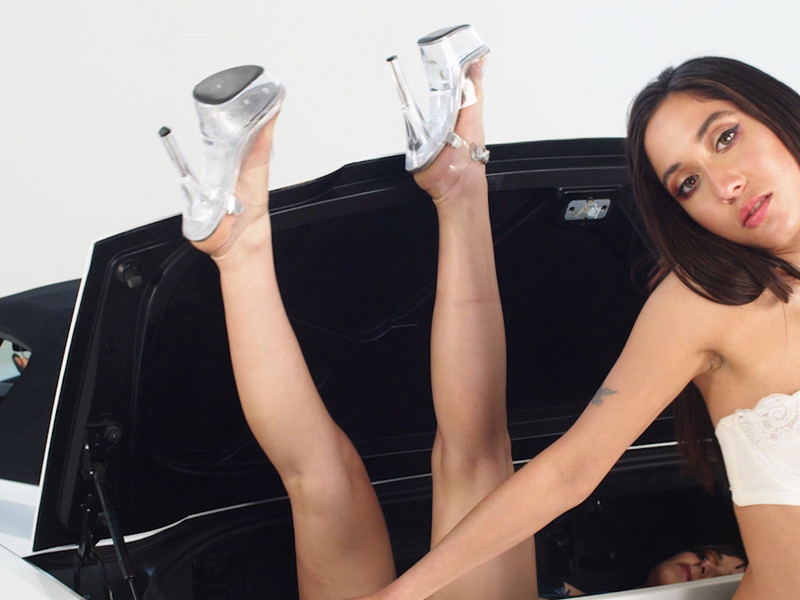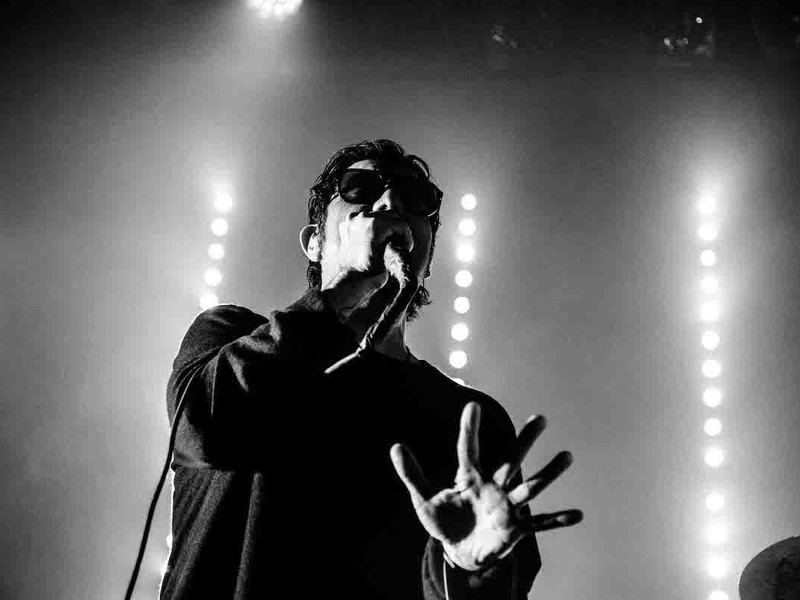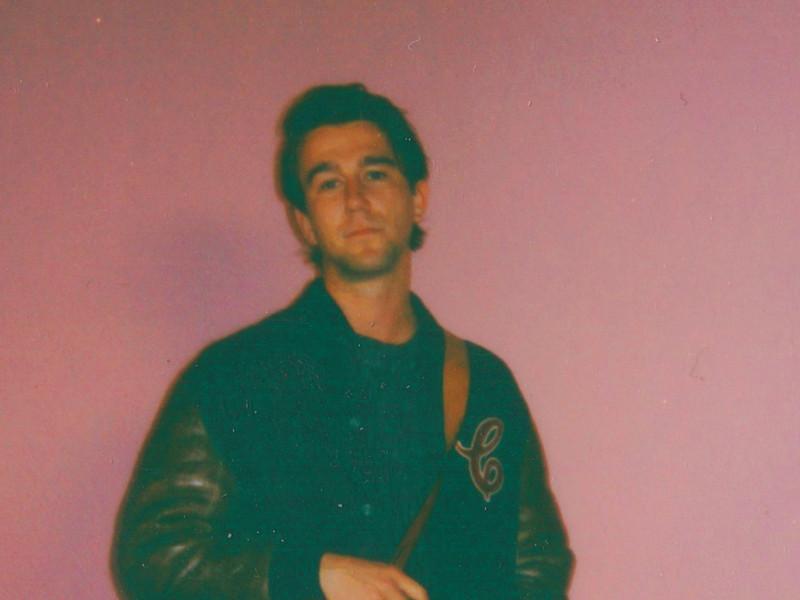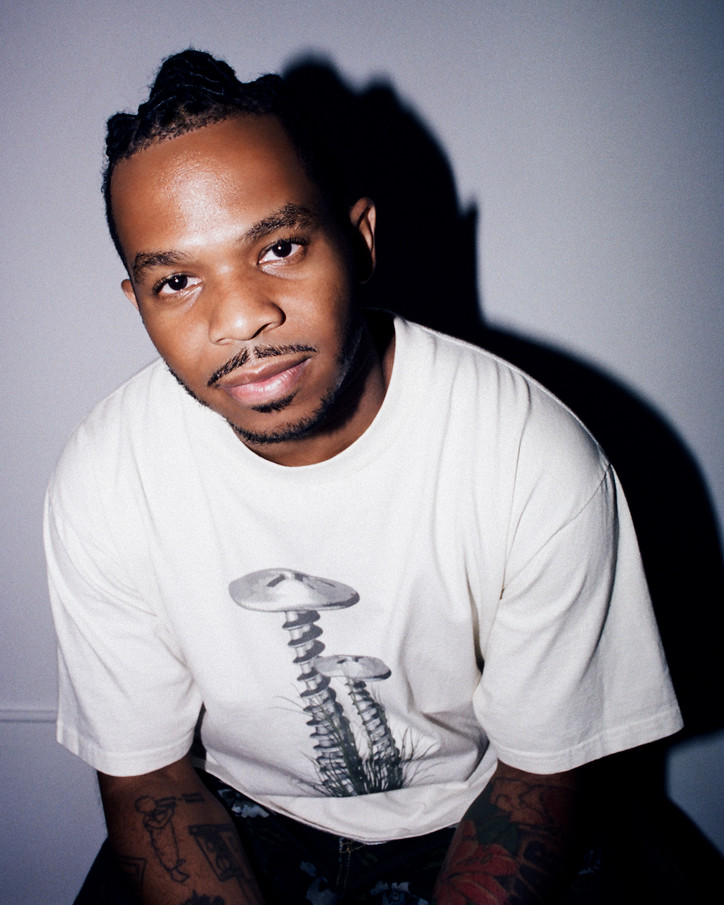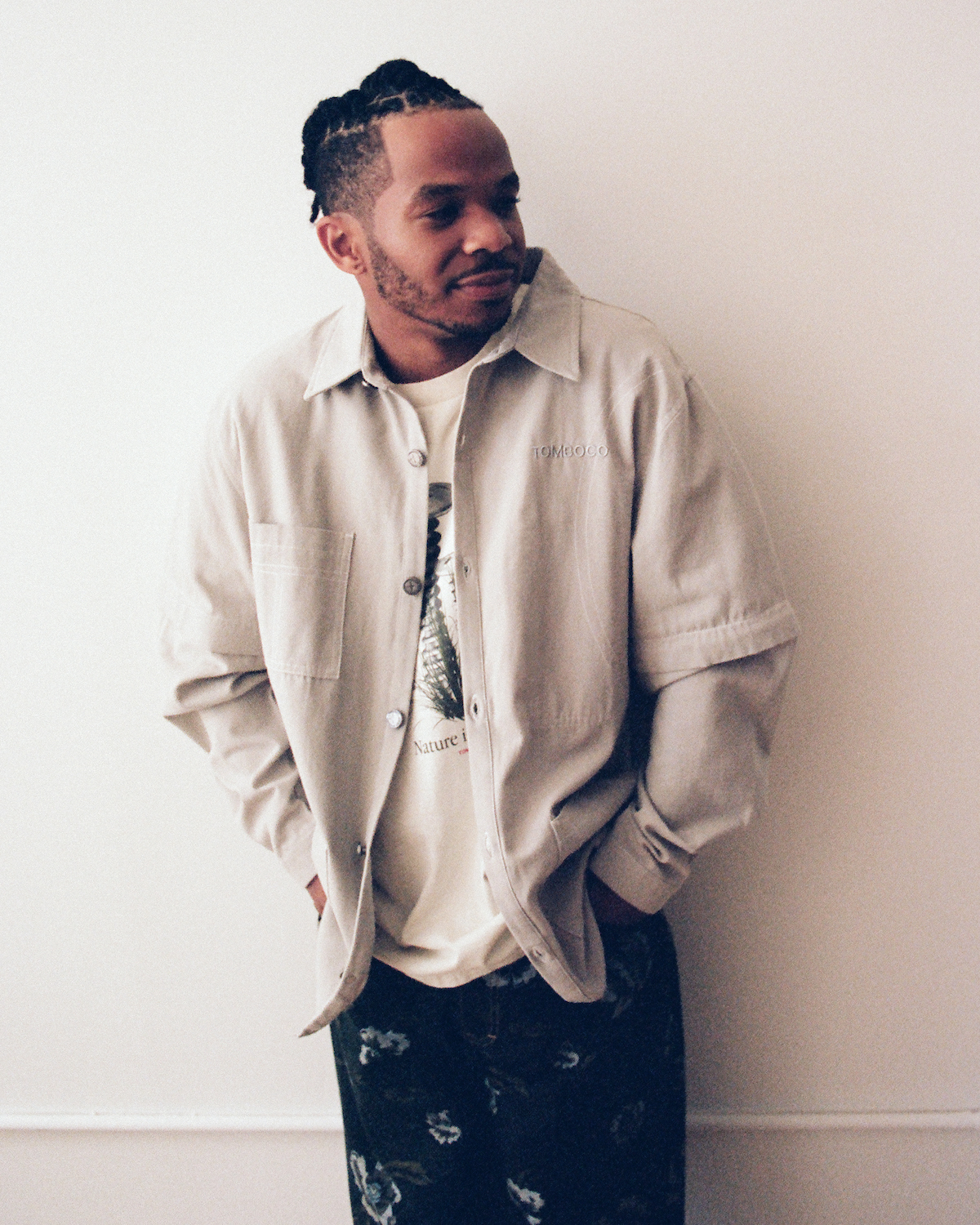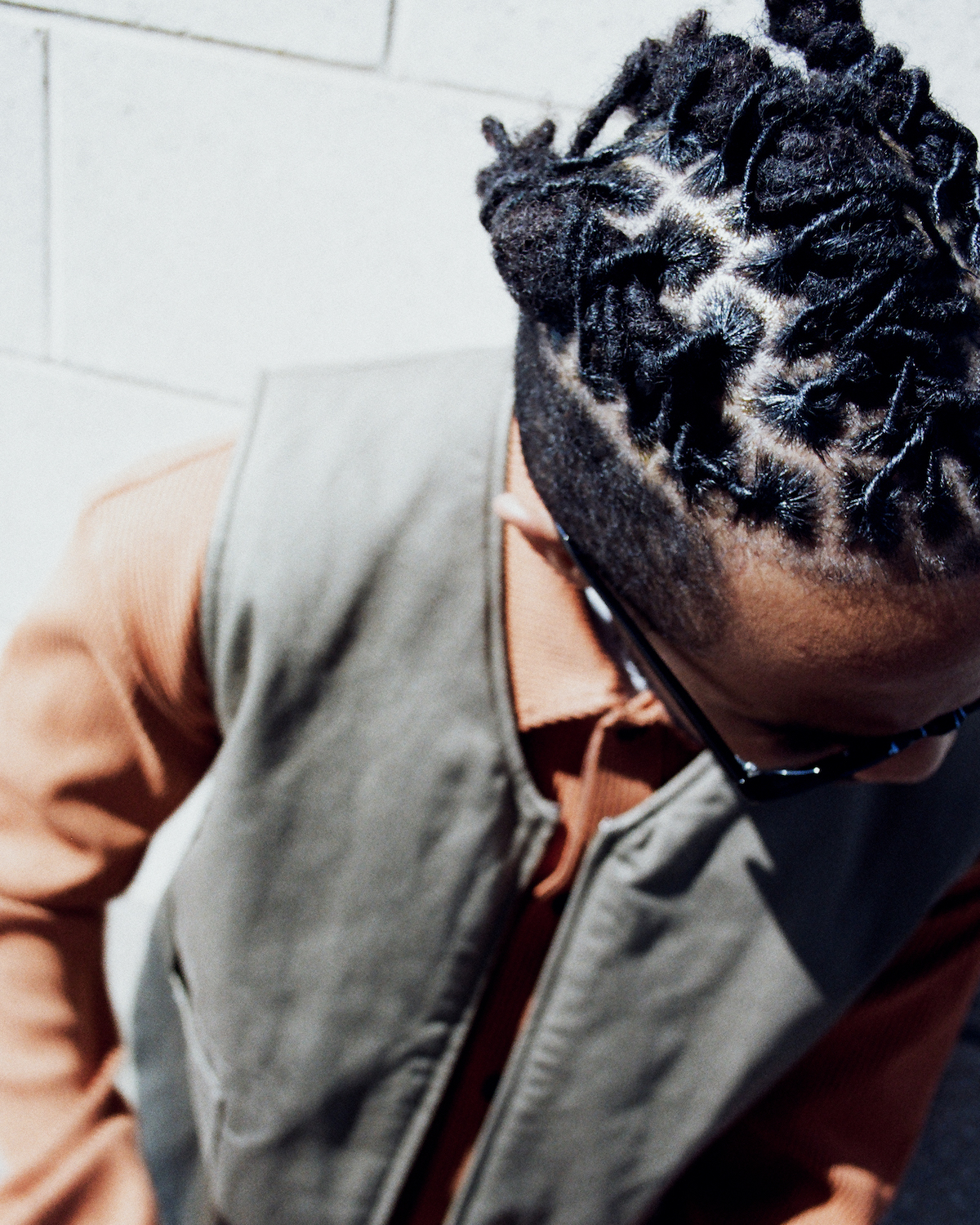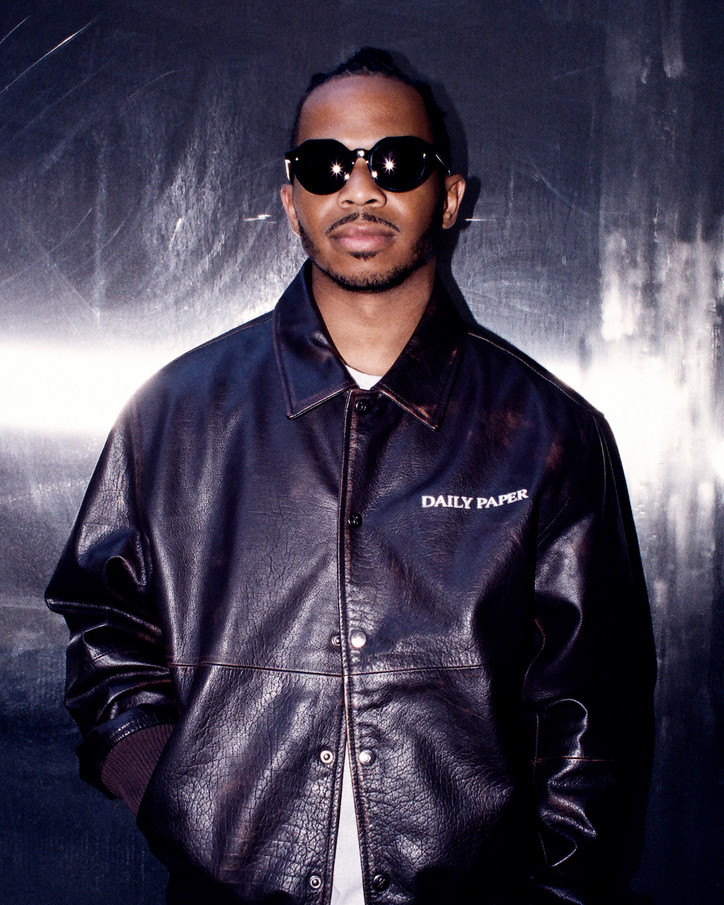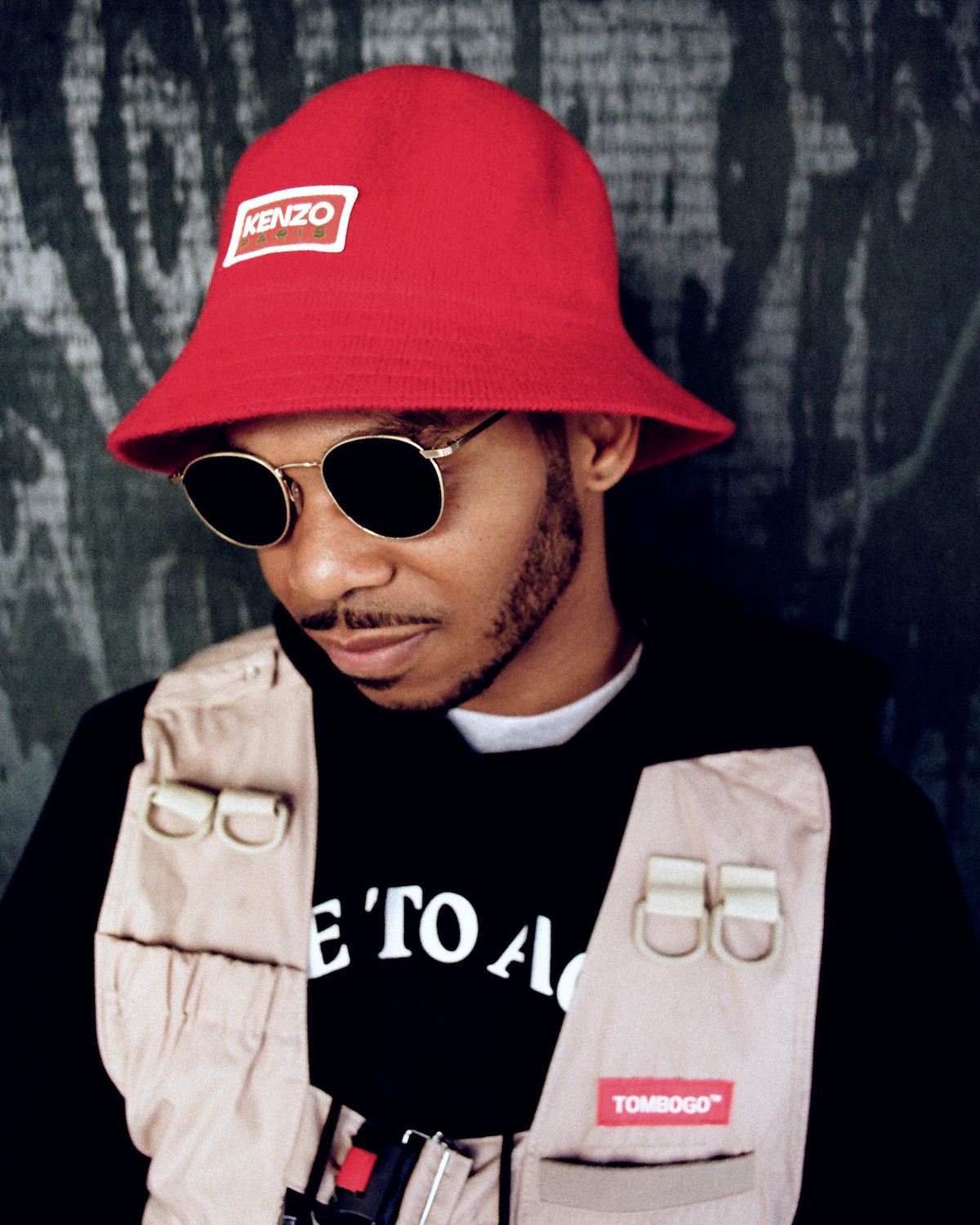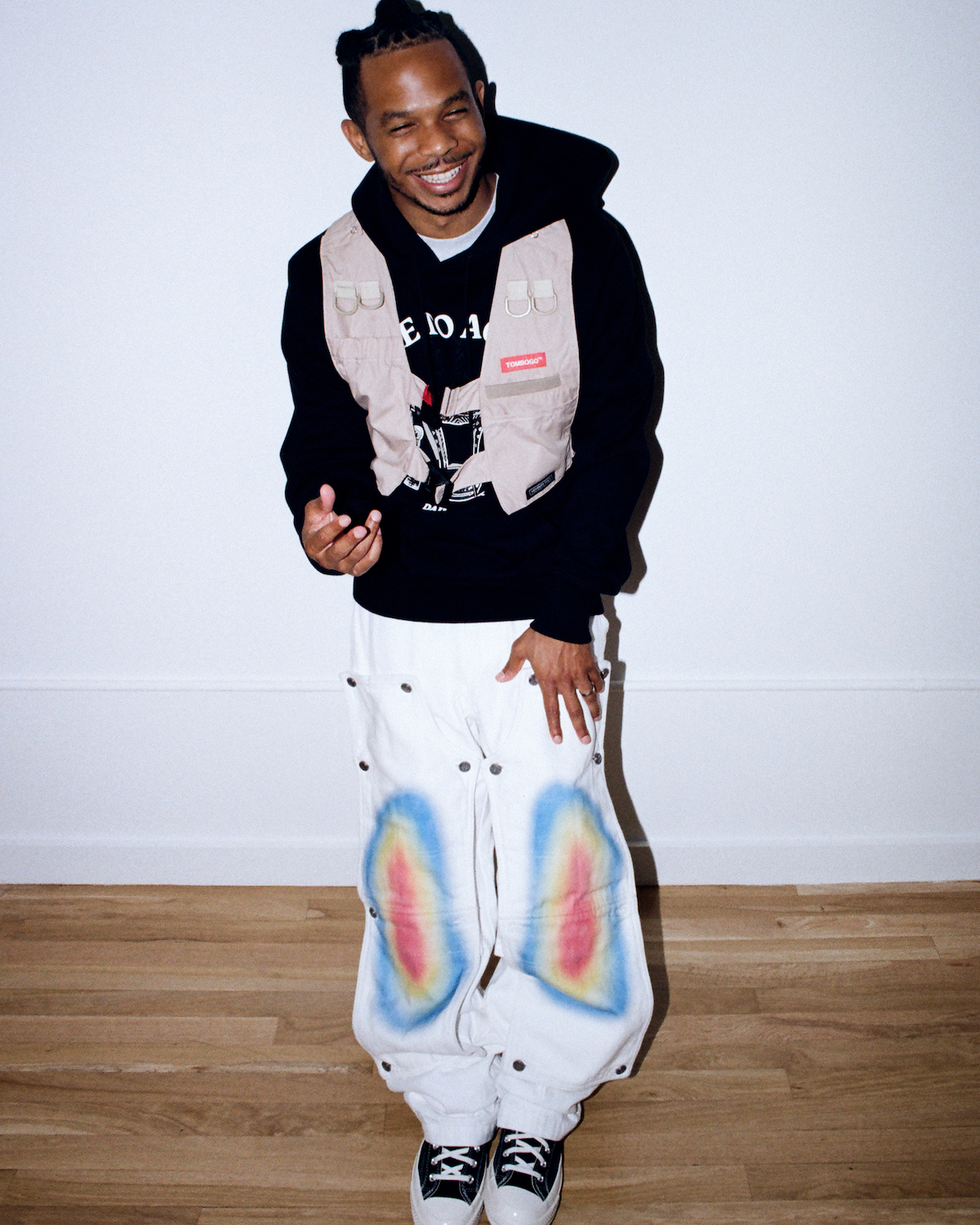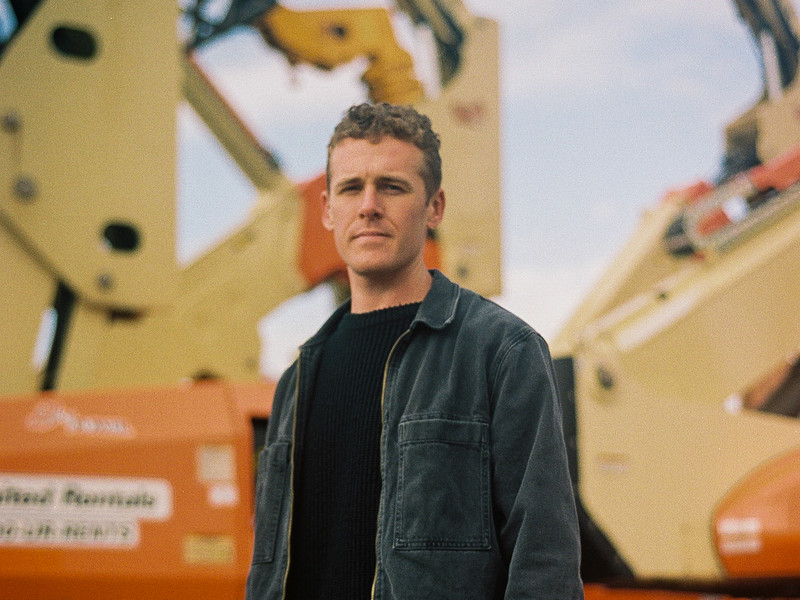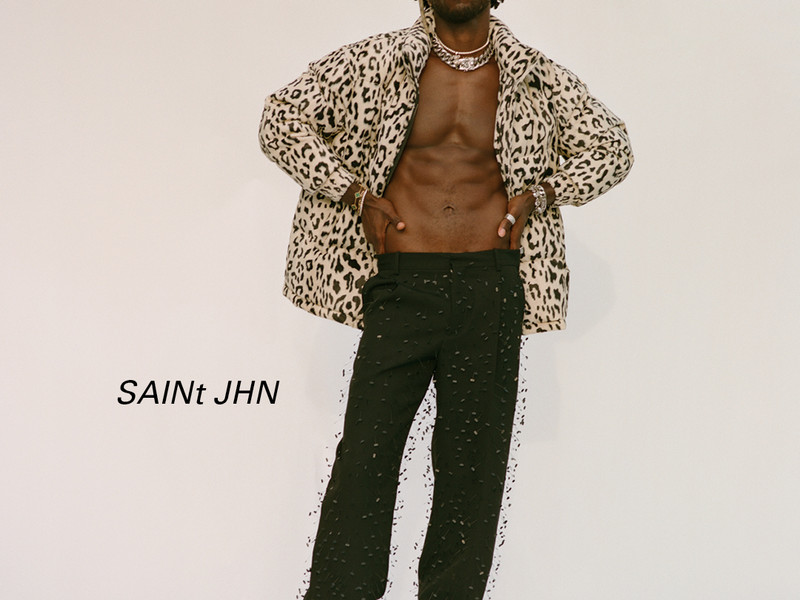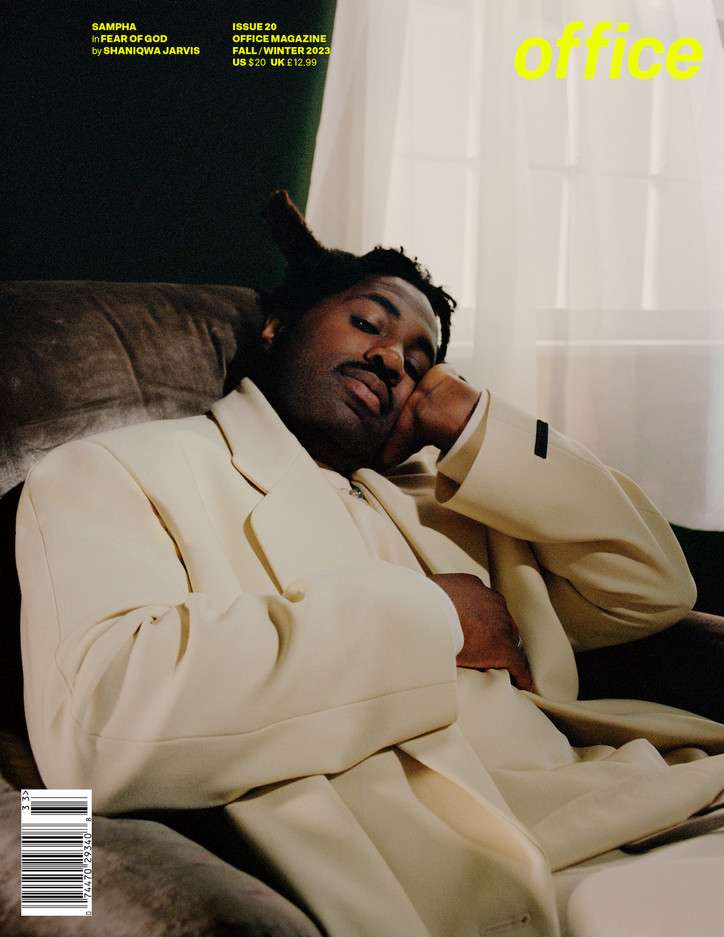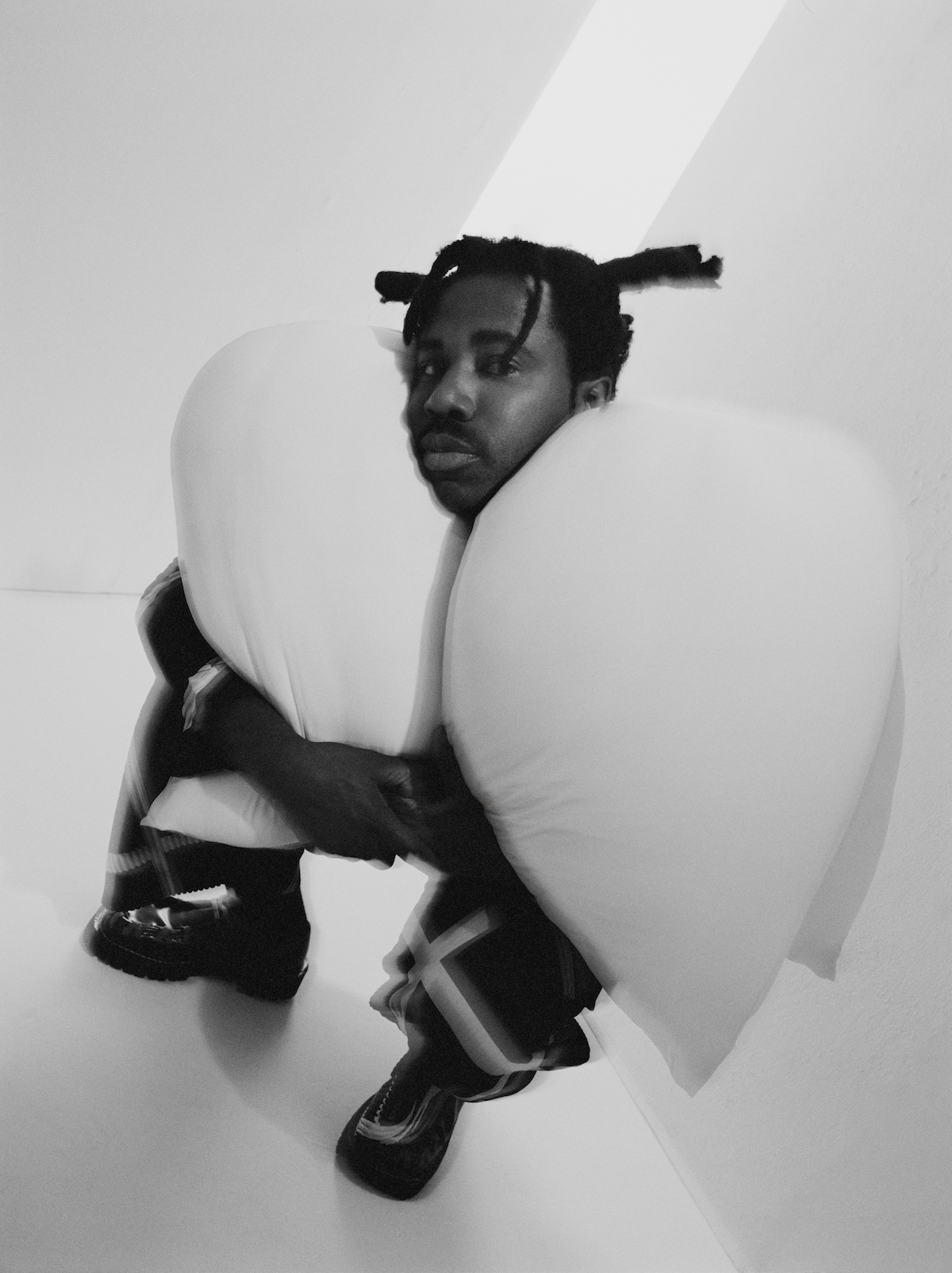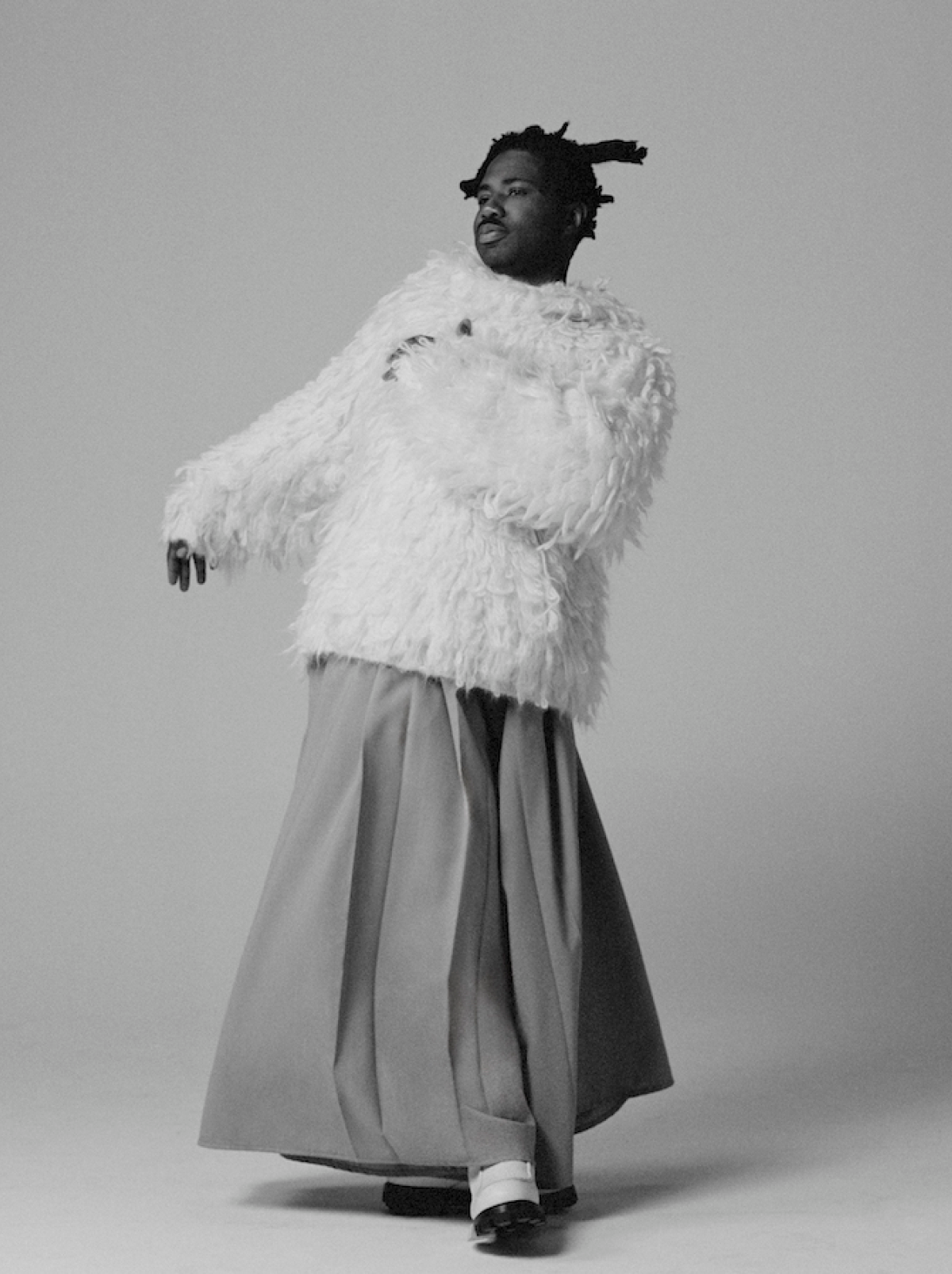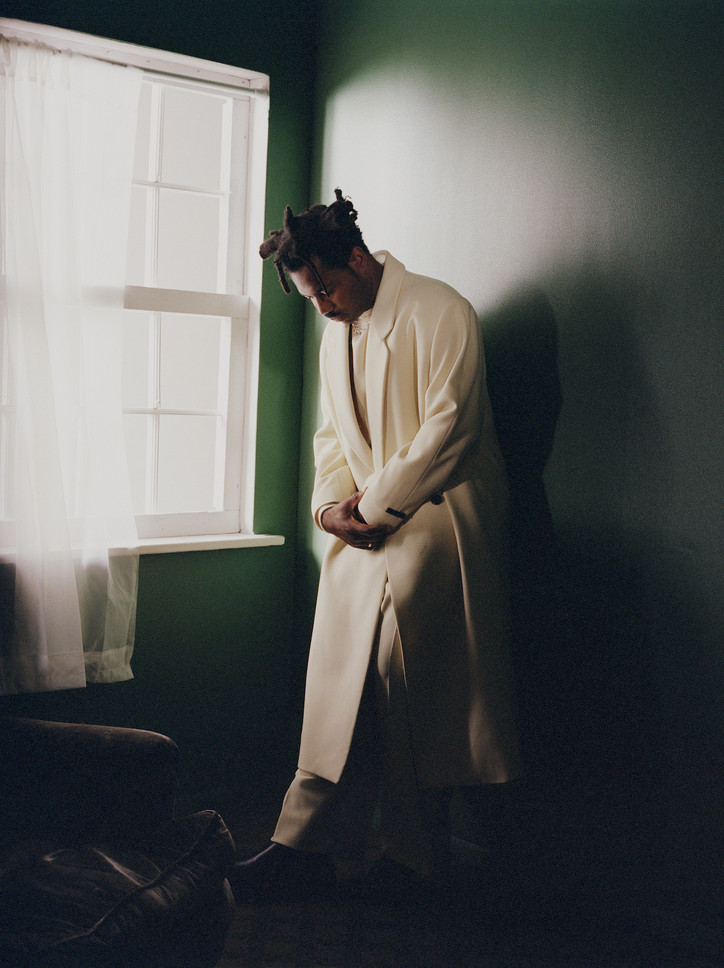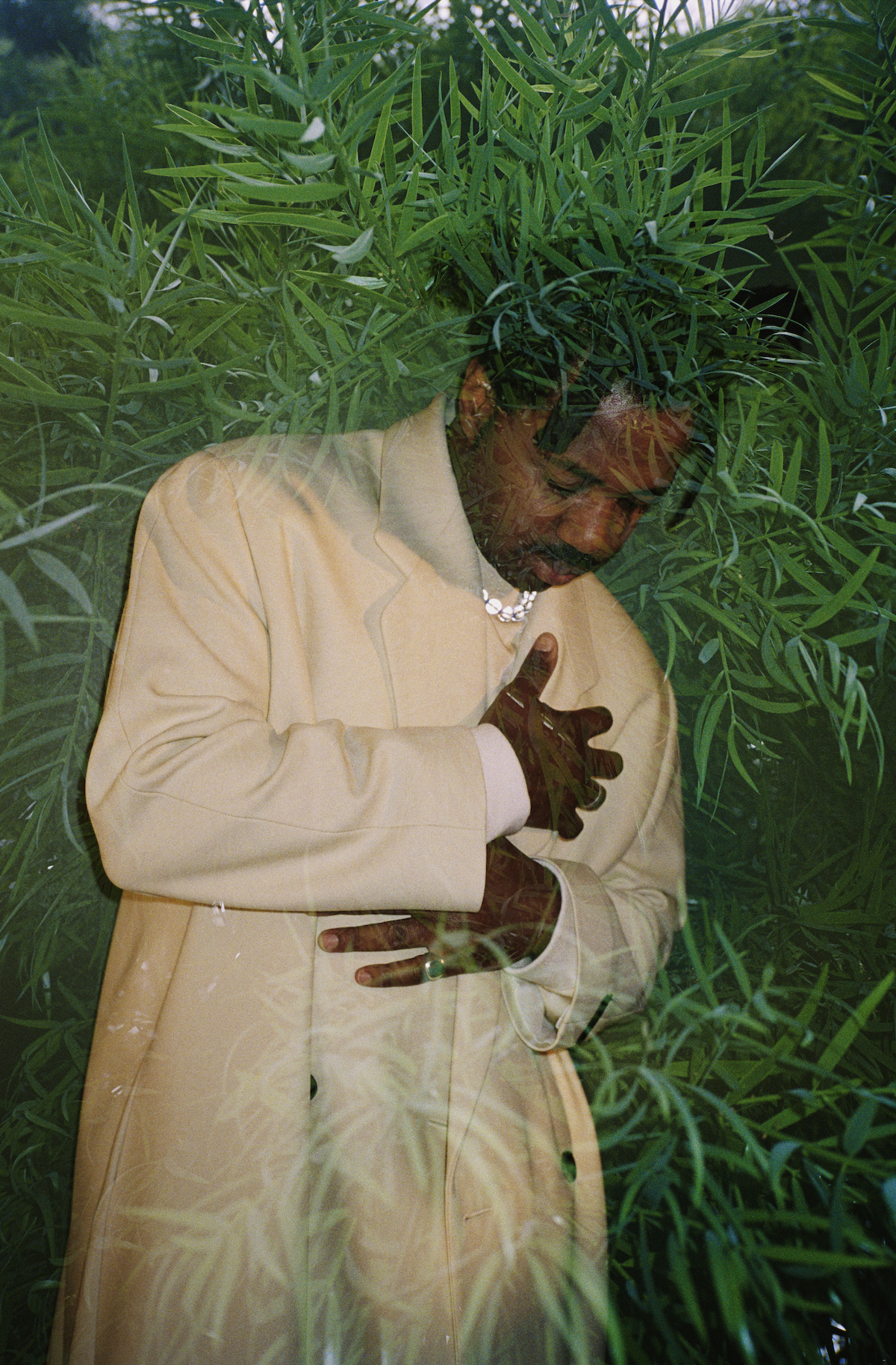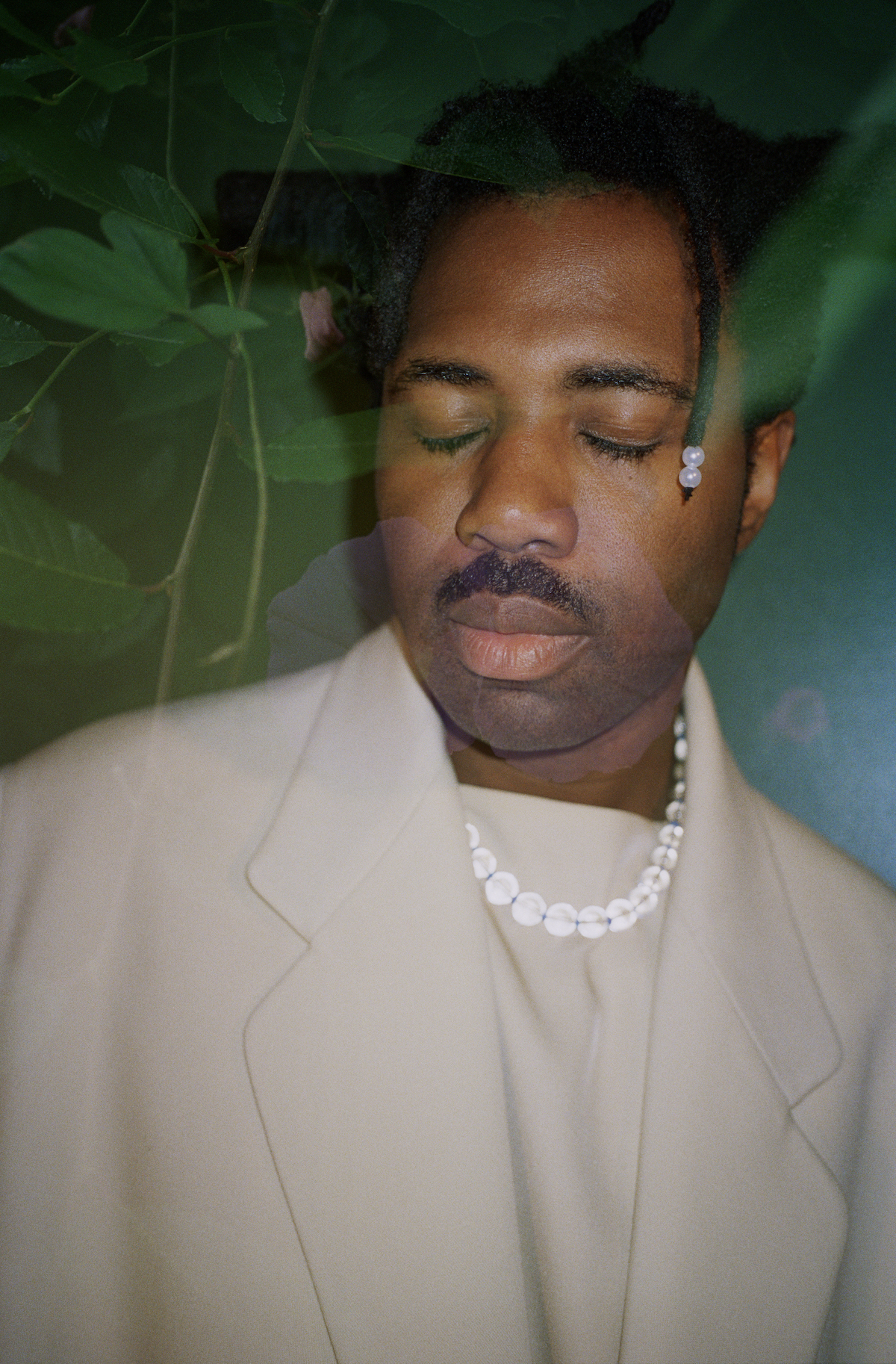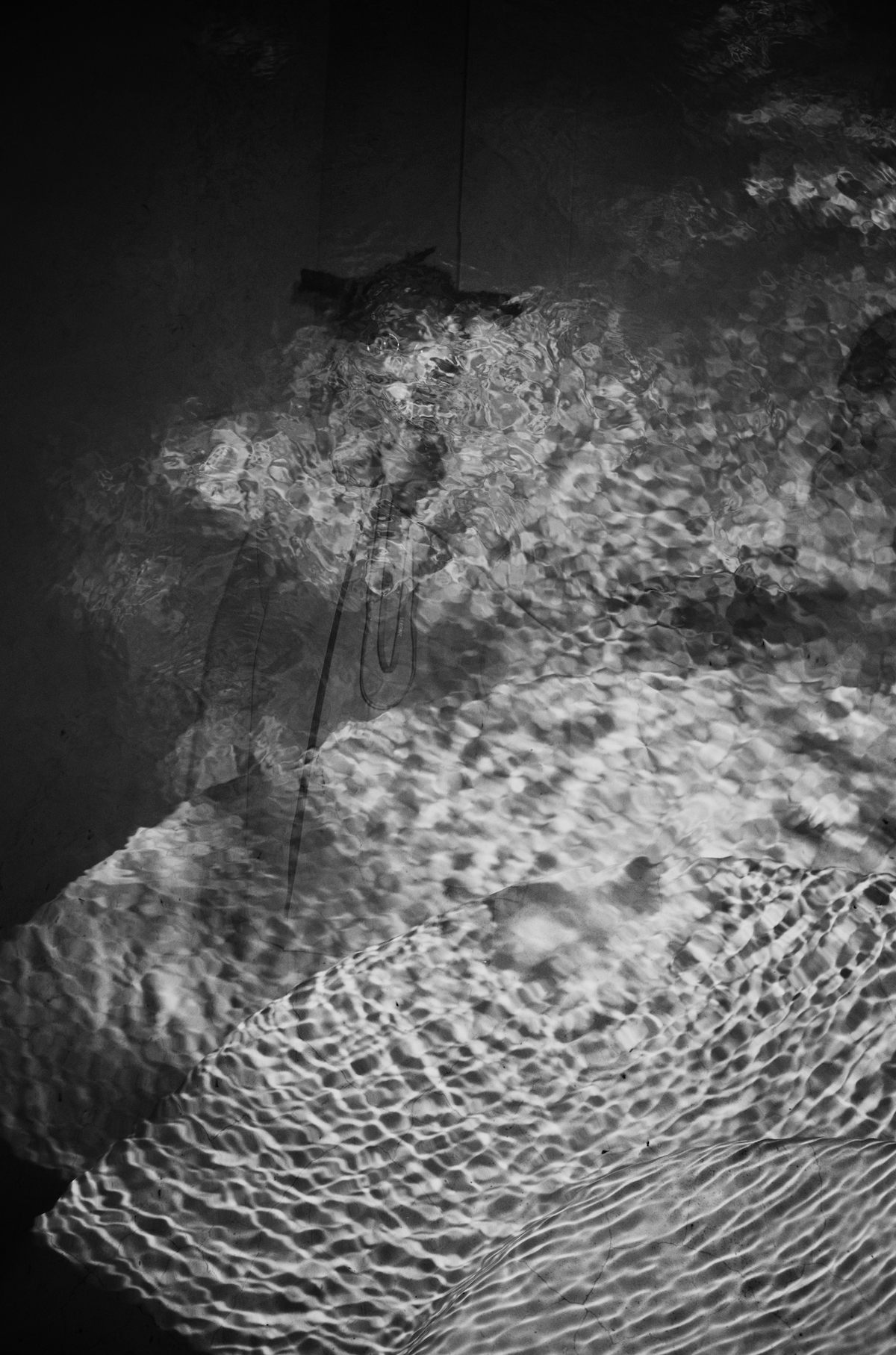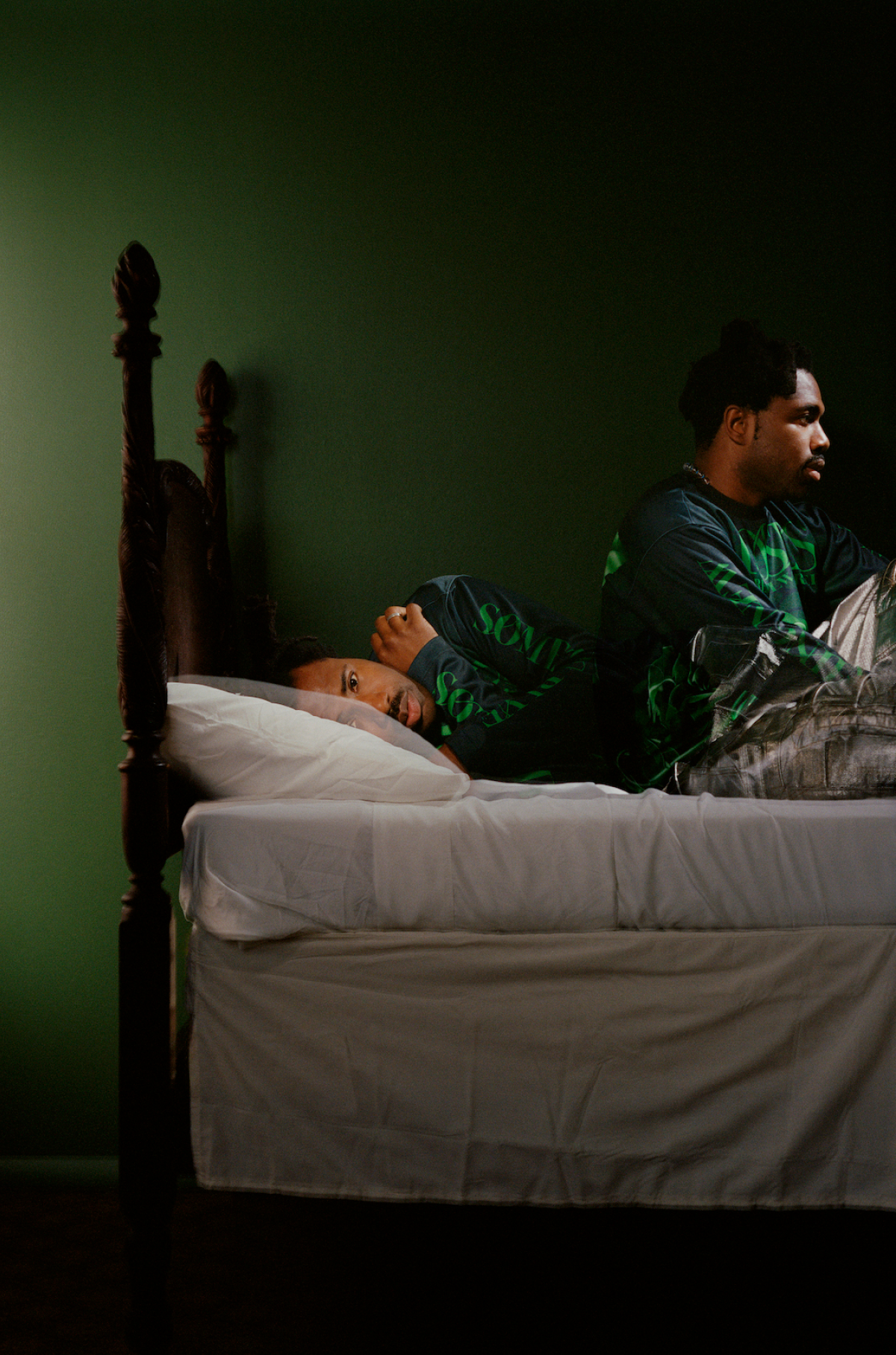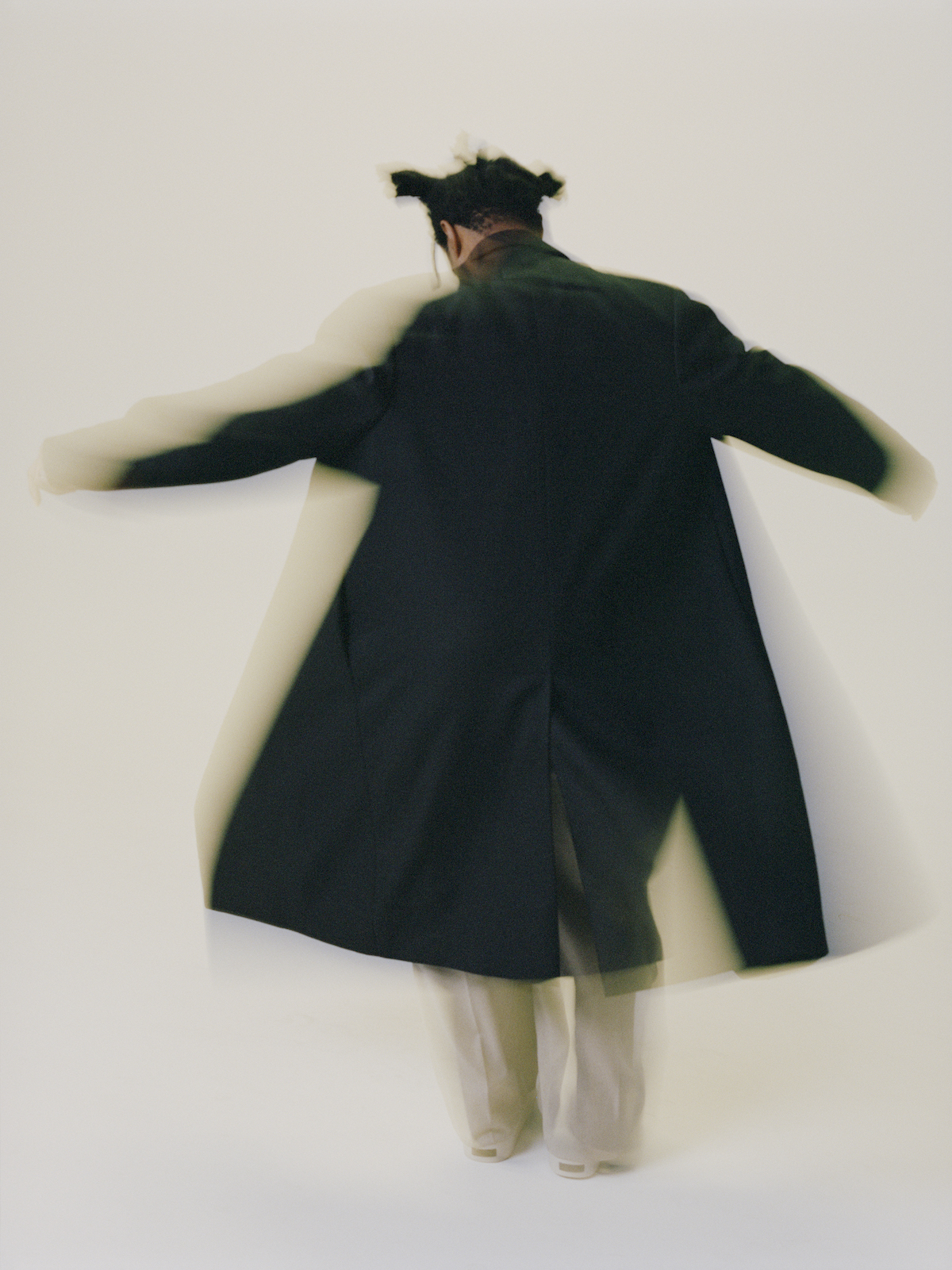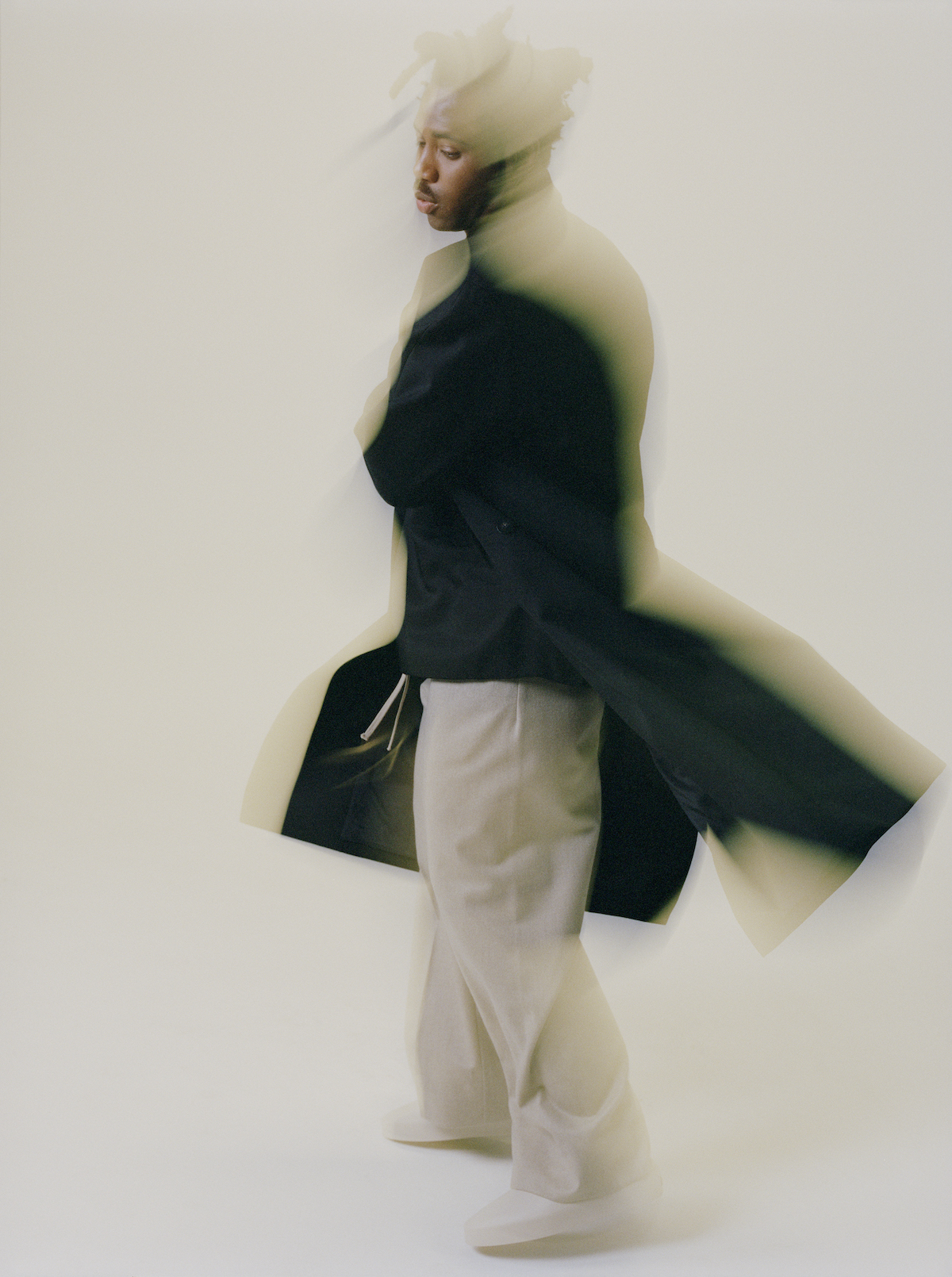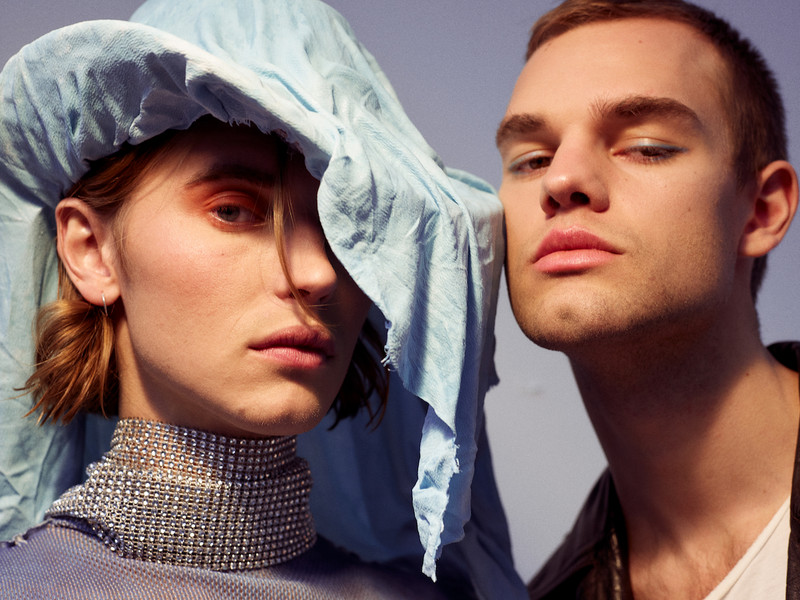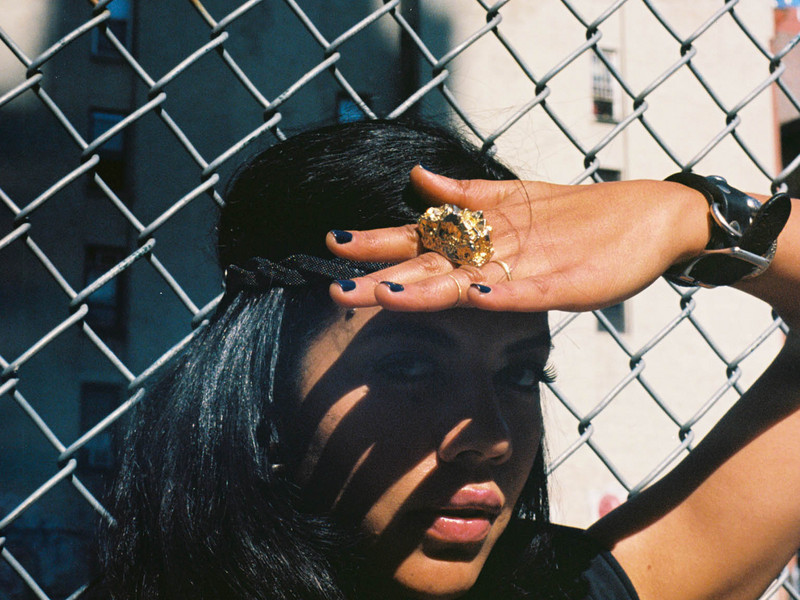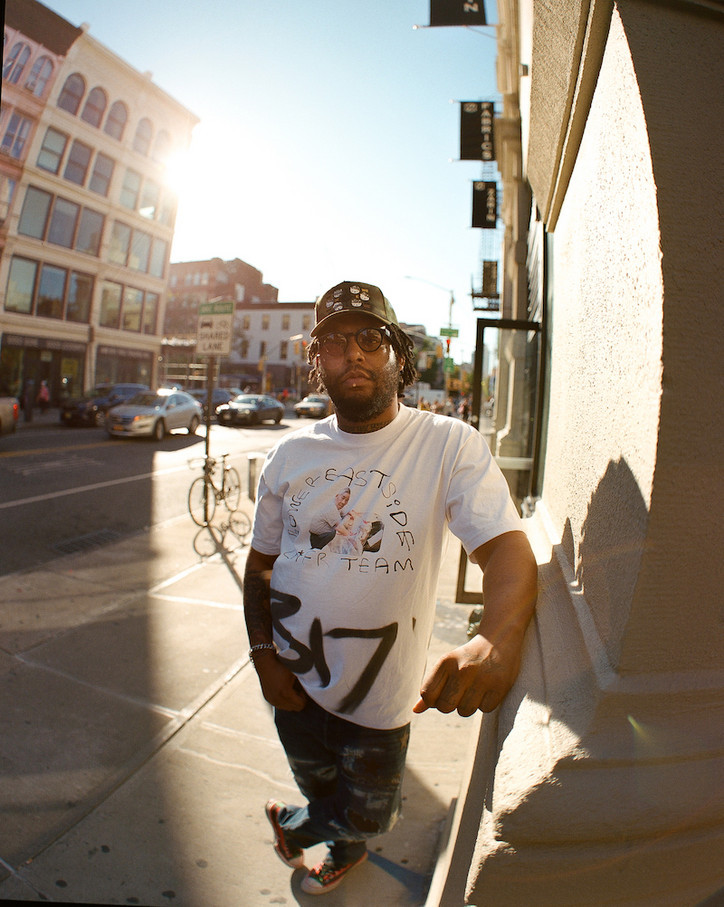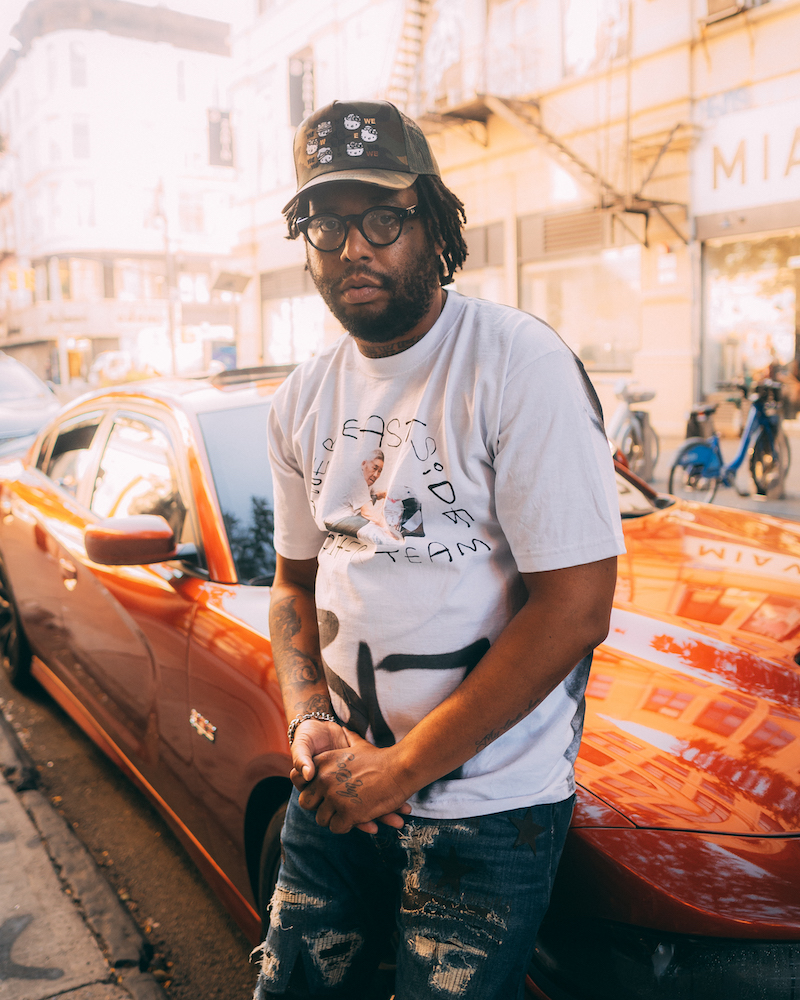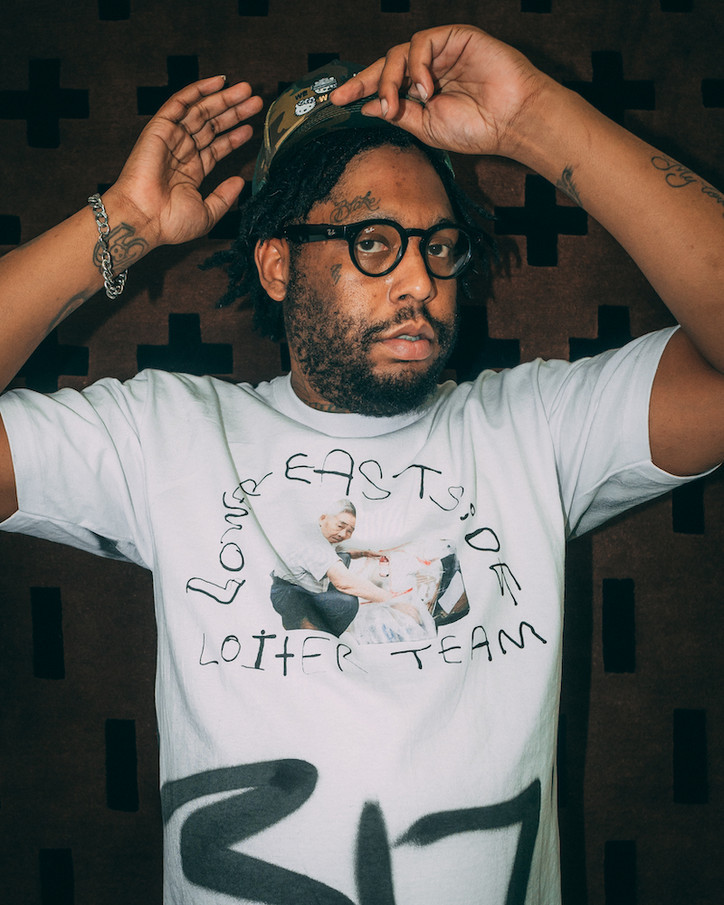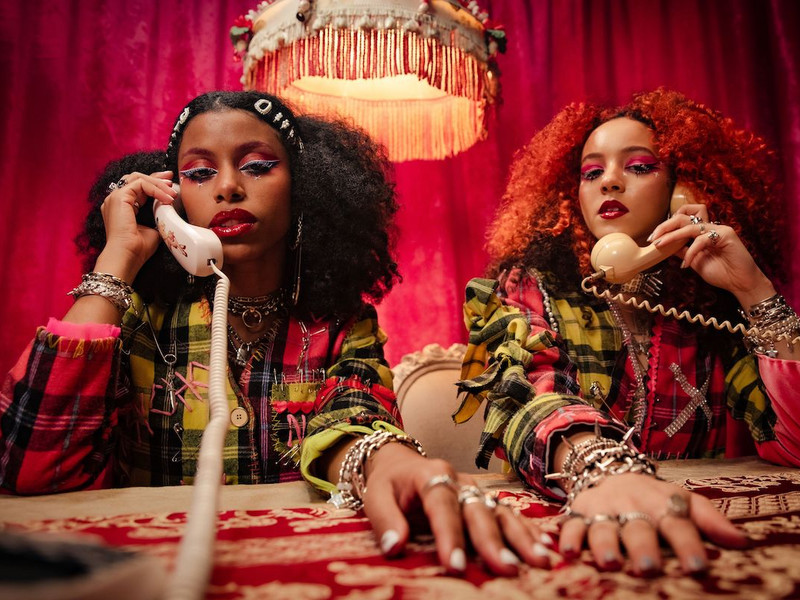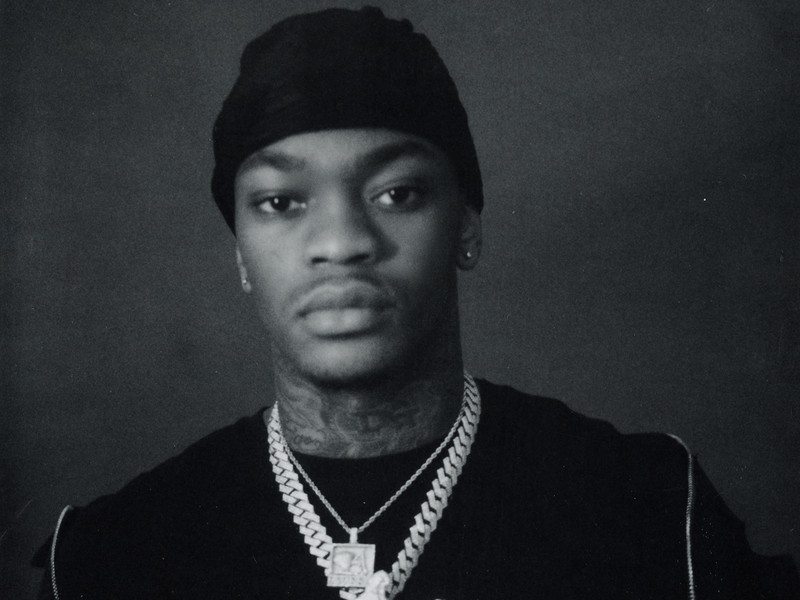Sometimes it’s that I have a lot of self doubt or anxiety when it comes to performing music, for instance, and the idea of doing it is almost like it's not me who's gonna be going up there and doing that — that must be someone else. But when I actually get to go into piano, I get lost in it and something takes over, and it's like, “Wow, where did this come from?” Sometimes, in my normal days I forget about that ability.
I might call that spirit. I don't know what it is or, you know, that thing where it feels like something takes over. I guess it's the world of creation, I would even say when I'm talking to people — I’m not making up the words I'm saying to you right now. I'm winging it. I can't pre-write what I'm saying to you, you know, it kind of just keeps flowing. I can't predict what I'm about to say to you in the next 20 seconds. It's just being, and I think sometimes it’s so constant that you're not even aware of it.
You cited physics and magical realism as some of the inspirations or themes of the album, which I found interesting because the older I get and the more my relationship to spirituality deepens, the more I realize that there's less contradiction and more agreement between science and spirituality than I previously realized. What role did that play in your thinking as you made this album?
I’ve always been interested in science — maybe just popular science, but I've always been interested in the intersections and the borderlines between disciplines and genres. Sometimes there's moments where you can start to see those walls melt away a little bit.
I was watching this documentary about the universe, and Brian Cox was presenting the show, and he was talking about time and entropy, about how it's harder to figure out how to travel back in time because of entropy, as opposed to moving forward. It was just an interesting statement to me, and when I was at the piano, I just kind of got thinking about stories and our obsession with time.
Life can be extremely mundane and extraordinary in the same moment, in the same sentence. Making tracks and stuff, sometimes I would just imagine scenarios, like I would just imagine flying on air. I've got a track of my record where I talk about running away from demons or flying up to a forest in the clouds. I've found an interesting way of just being able to paint pictures, you know — paint pictures with words, paint pictures with sounds.
Sometimes I feel insecure about some of my songwriting, and when I came across terms like afrofuturism and magical realism, they just felt like terms that related to what I was already doing.
That speaks also back to what you were saying about intergenerational connection and what it feels like to be part of a literal lineage — because here you’re placing yourself in an artistic lineage. The storytelling you're describing for your music to me is very visual. Do you see there being a visual component for this album?
I always endeavor to, because the way I write, I use visuals as a mirror or something to write to. I might put on a film and put it on mute, or have photography or art books open, and sort of write to that. Or when I'm writing, I'm writing to a particular scene that feels like a mood, and I try to sort of articulate that in lyrics.
That being said, what I see in this record is quite wild in some ways or quite specific, and it's definitely a challenge trying to figure out how to translate that visually, because I'm not so skilled in being able to quickly translate how I want something to look as opposed to how I’d like something to sound. I'm working on it, you know — trying to figure out how to do that and get better at it. But it's definitely a difficult, challenging, and exciting process of figuring out. I like to figure out: what is the feeling that's being translated and how is it being done?
Sometimes it's the story, but sometimes I realize, well, maybe it wasn't even the story, it was the camera that was actually doing the writing, and the film and the texture, just like with my music. Sometimes it takes me a while to realize that there is a sonic thread between all these tracks, like something that sounds slightly impressionistic and magical.
It's taken working with people like Khalil Joseph for me to recognize what I like is things being shot on film and what I like are these specific colors. It's definitely an important component, but in all honesty I feel like I'm a little bit further behind in terms of trying to express myself visually. I'm trying. [Laughs]
When the accompanying film for Process came out, you and the director Khalil Joseph did smaller screenings of it in a very intentional way, having the audience experience it intimately. Could you tell me a little about why you made that choice?
That film was a collaboration, and the rollout was actually mostly led by Khalil, who is sort of precious about his work. Keeping things that precious or putting them in a space where it feels, as you said, intentional is really nice. There's something nice about seeing things in physical spaces with people on big screens, in terms of creating an environment as an artist for people to take in your work in a particular way.
I think the way in which I express that sometimes is like, creating a song that's five minutes long and not making it three, and then putting it out first — “Spirit 2.0” is a 5 minute song and it's the first one I’ve put out. I wasn't gonna try and change that. I'd like to create experiences for people to listen to the record in its entirety and listen in collective spaces.
Everyone has extremely busy lives and, you know how sometimes you need someone to come over for you to clean up your house? There's times where you need to create a space for people to come over and just be able to leave things at the door, and have a moment to just let go and focus in on something and not feel this nagging feeling to do something else, or feel guilty about listening to a whole record or watching a film. I'd like to create that collective experience for people to react in-person.
I feel like there's so much good music out there — people might complain about there not being good music, but a lot of the time I realize it's actually about my capacity to really take things in. When you get older as well, it's harder to take in new music and to really focus on it and make the effort. As much as it's beautiful to have music that just floors you instantaneously, there is also listening as a practice, you know, focusing as a practice. Creating spaces and environments where you can hone that is special.
